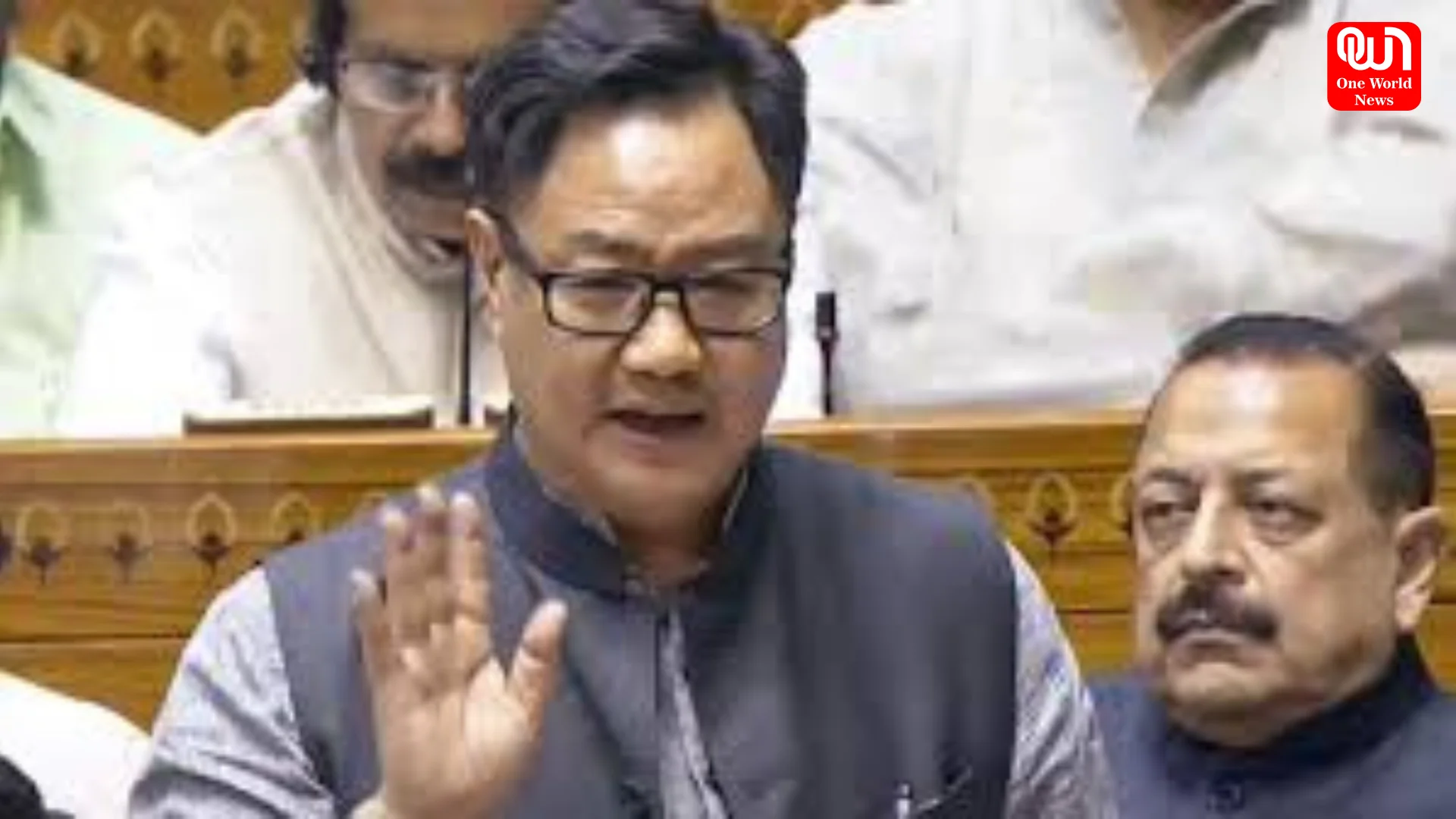Centre Says Govt Land Can’t Be Waqf, Defies Precedent
The ownership and management of Waqf properties in India have been subjects of huge legal and political debates.
Government Asserts: ‘Govt Land Can’t Be Waqf’; Indira Gandhi’s 1976 Directive Restored Properties to Waqf
The ownership and management of Waqf properties in India have been subjects of huge legal and political debates. In recent times, the issue has resurfaced, especially regarding the government’s position on the classification of government land as Waqf property and old directives on these properties.
The Current Position of the Government on Waqf Properties
In April 2025, the Indian government proposed the Waqf (Amendment) Bill because of the various difficulties in the administration of Waqf properties. One of the most important provisions in this amendment is that government land cannot be declared Waqf property. This provision aims to address ambiguities created by the Waqf Act of 1995 about the status of government lands, with claims being made by Waqf Boards. The amendment further distinguishes the power of District Collectors to adjudicate claims of lands considered government property from being declared Waqf.
Historical Context: Indira Gandhi’s 1976 Directive
In contrast to the current government’s position, records suggest that in 1976, Prime Minister Indira Gandhi had issued statesman-like directives to state governments concerning Waqf properties. Indira Gandhi, in a letter dated March 26, 1976, addressed to the Chief Ministers of Punjab, Haryana, Himachal Pradesh, Maharashtra, Madhya Pradesh, Rajasthan, and Delhi, expressed concern on the specifics of Waqf properties being acquired by private parties and various state departments, partly because of the unsettled conditions obtained in the post-partition era. She referred to civil litigation between Waqf Boards and state departments as unwarranted and urged that they should be settled administratively.
Indira Gandhi made specific propositions to settle such disputes: 
1. Look into handing over to the respective Waqf Boards vacated Waqf properties whenever possible.
2. In the case of substantial constructions on Waqf land which do not afford practical vacating of these, the state government should lease them to the Waqf Boards on a perpetual lease and pay the Waqf Boards the majority of the market value as a premium.
3. State governments may alternatively pay such Waqf Boards the fair market value of the lands and, in return, obtain the relinquishment of Waqf rights over the properties.
This directive brought out the intent of the government at the time to resolve amicably Waqf property disputes so that such properties would be managed according to their intended religious and charitable purposes.
Changing Legal Interpretations
The idea behind “once a Waqf, always a Waqf” has been the backbone of the dialogue on Waqf properties. This idea connotes that once a property has been dedicated as Waqf, it is forever so, never to be sold or changed for another use. However, this has seen different interpretations and implementations at different times.
A legacy of use made by example Indira Gandhi’s times when some properties were unaffiliated as waqf under government’s control, thus complicating their management and ownership.
Read more: PM Modi Extends Warm Eid-ul-Fitr 2025 Greetings to Nation
Debate and Consequences-
The introduction of the new waqf (amendment) bill is a re-examination of diplomatic intervention by the government into wahabi welfare foundations and legal status between religious endowments and government. It has also come under the political arrows of criticism about imprudent encroachment upon minority rights and into the operational independence of waqf institutions. Inclusion of non-Muslim members in Waqf Boards and donor’s religious conditions have also become the issues under dispute. 
Moreover, the bill also aims at developing transparency and accountability in the management of Waqf properties through technology and state revenue record surveys. Such mechanisms, proponents argue, would reduce the possibility of mismanagement and unauthorized claims over properties.
We’re now on WhatsApp. Click to join.
Like this post?
Register at One World News to never miss out on videos, celeb interviews, and best reads.








